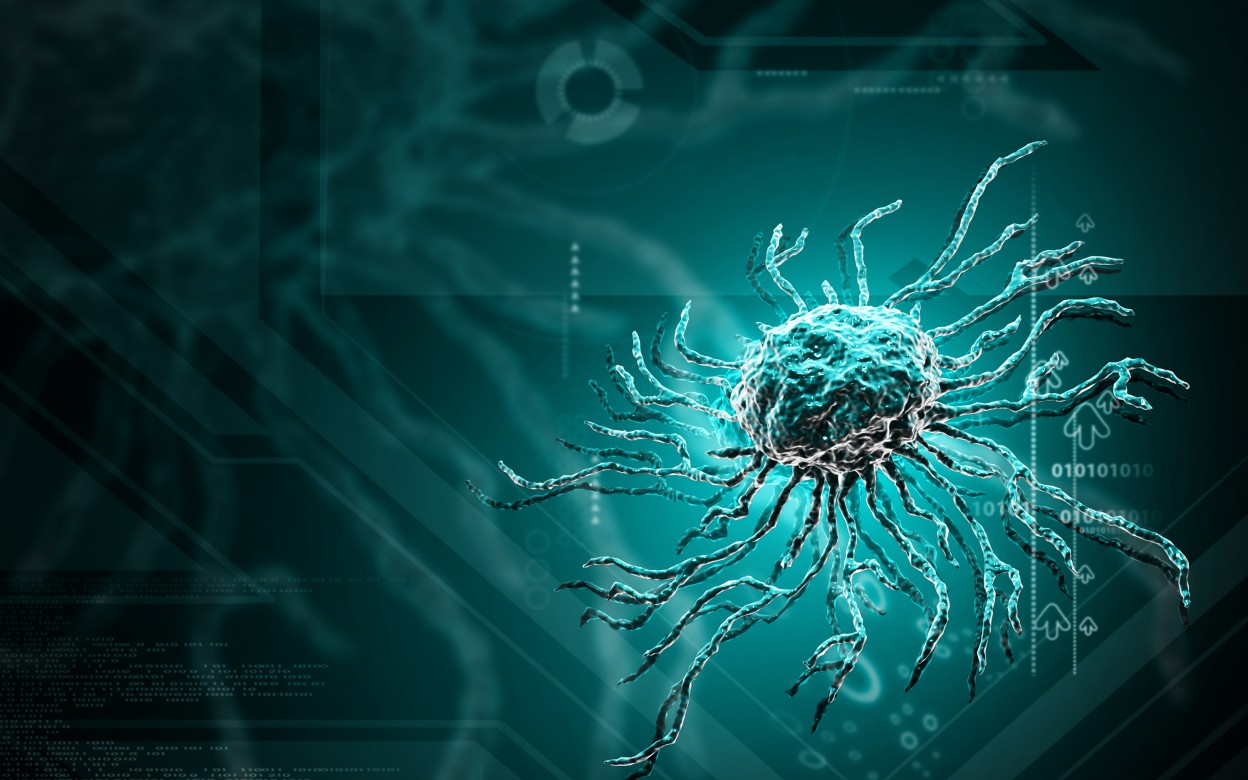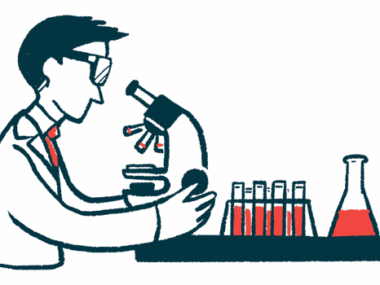UConn, Foundation for Prader-Willi Research Create Stem Cell Biobank
Written by |

UConn Health and the Foundation for Prader-Willi Research (FPWR) announced the creation of a centralized biobank to provide researchers worldwide with high-quality, validated stem cells for in-depth studies about the causes of PWS and possible treatments.
Stem cells can differentiate into other types of cells, such as brain, skin, stomach, blood or liver cells. The stem cells that will be stored in the PWS biobank are called induced-pluripotent stem cells, which are stem cells derived from tissues of patients (e.g., skin or blood). By genetically reprogramming the cells obtained from these tissues, scientists can revert them to an embryonic stem cell-like state.
For instance, scientists can convert these cells into others like neurons or liver cells, and study in detail how PWS genetic defects affect the function of those cells.
PWS occurs in about one in 15,000 to 30,000 births, and is caused by absent or defective genes in a specific region of chromosome 15. In most cases (about 70%), a segment of the paternal chromosome 15 is deleted in each cell, and the corresponding genes on the maternal chromosome 15 are turned off (inactive).
The FPWR and UConn Health will support the biobank, which will be located at the Stem Cell Core on the UConn Health medical school campus.
In the future, researchers also will be able to conduct high-throughput screening tests, allowing them to study the effects of hundreds or thousands of compounds on specific cell types carrying PWS defects.
“These banked Prader-Willi syndrome cells represent a building block for the development of cell-based assays for future high-throughput drug screening to accelerate the development of new therapeutics for Prader-Willi syndrome,” Stormy Chamberlain, PhD, associate professor of Genetics and Genome Sciences at UConn Health, said in a press release.
The PWS biobank currently has two cell lines, one with a deletion of certain genes on the paternal copy of chromosome 15, the other with two copies of chromosome 15 from the mother and none from the father. More cell lines will be added within the next years.
“Stem cells stored at the UConn Core will provide Prader-Willi syndrome researchers and pharmaceutical companies pursuing Prader-Willi syndrome therapeutics high quality cellular resources to perform robust experiments in a timely manner”, said Nathalie Kayadjanian, PhD, director of translational research at FPWR.
“The objective of FPWR’s translational research program is to reduce the amount of time and resources needed to move therapeutic studies forward,” Kayadjanian concluded.





